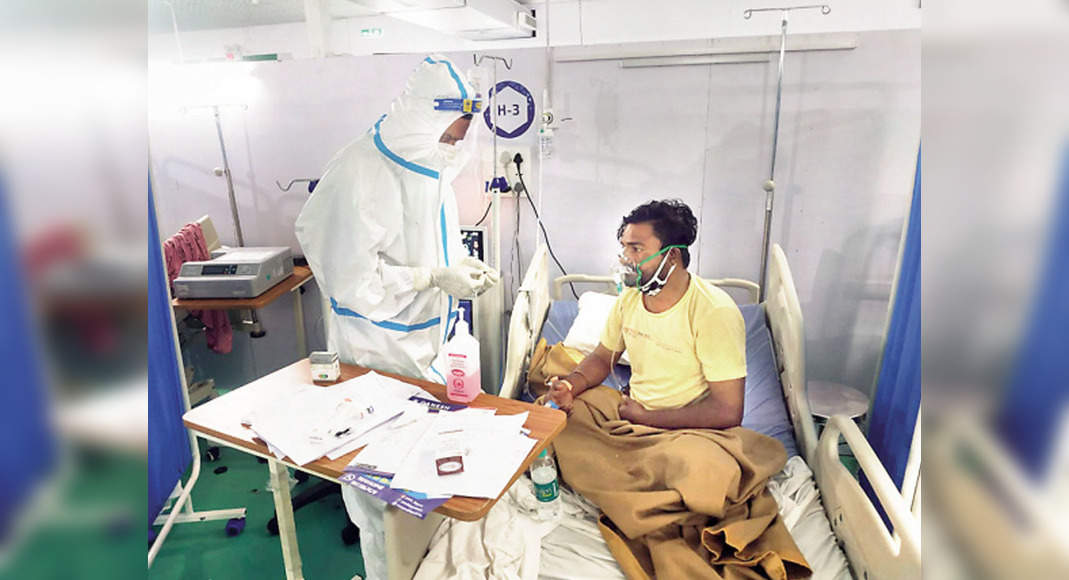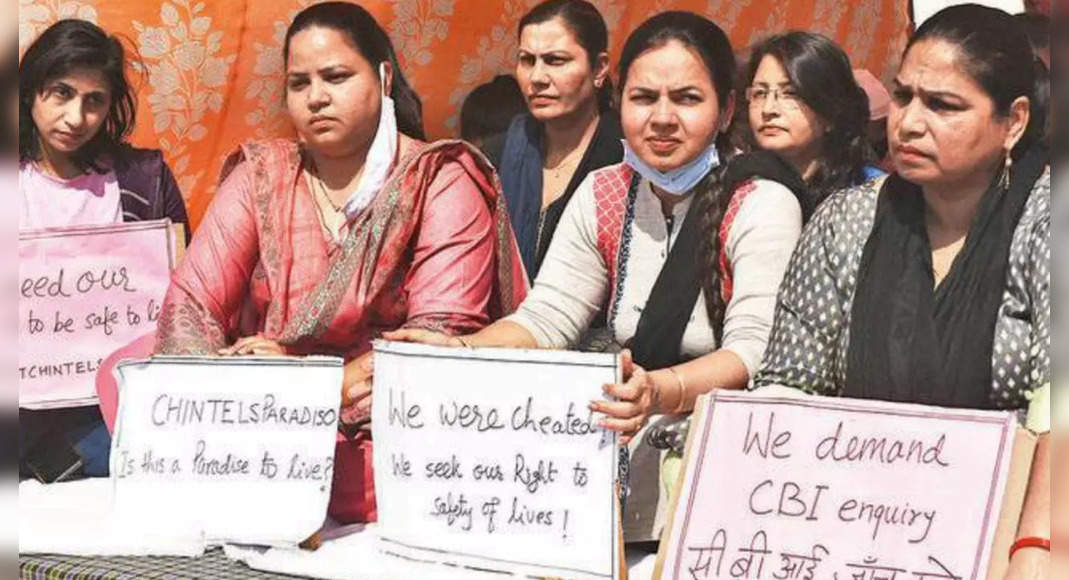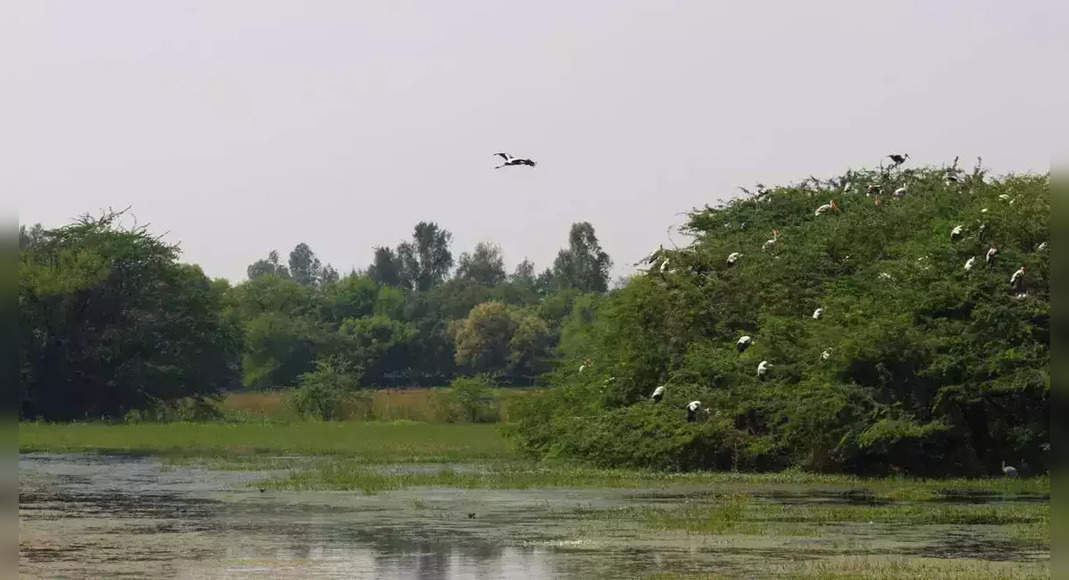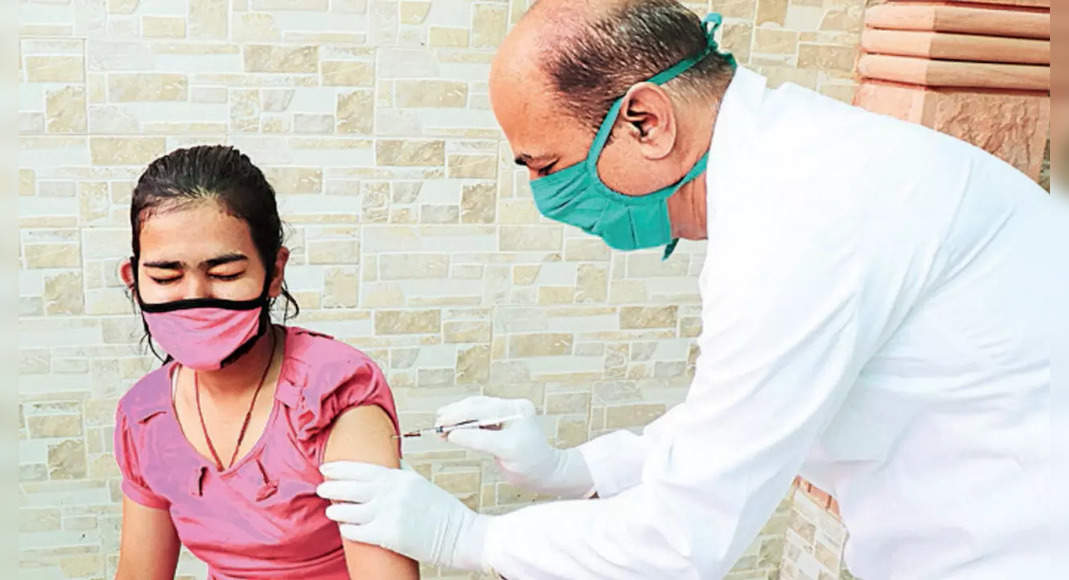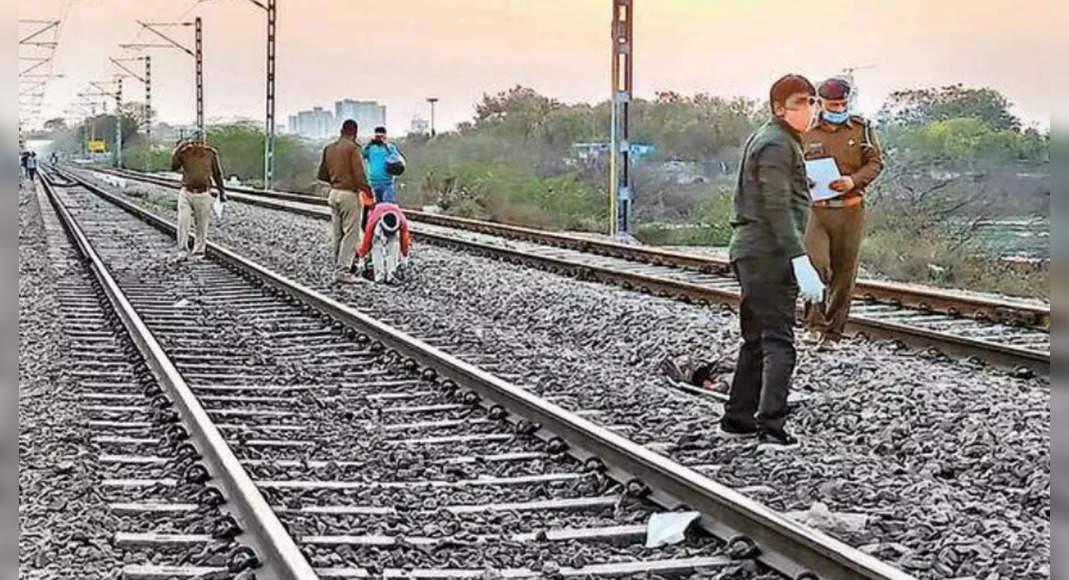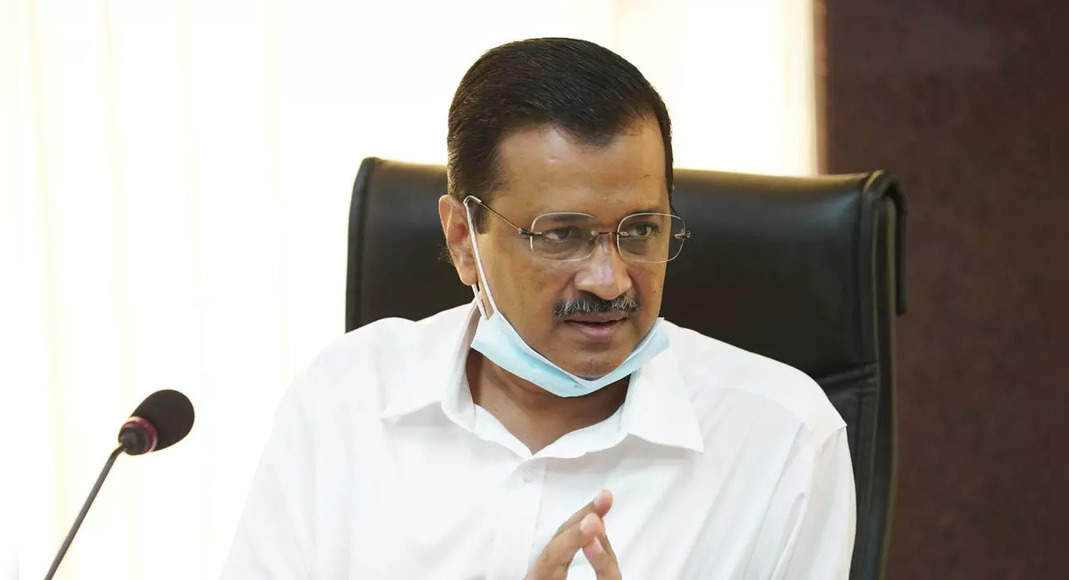NEW DELHI: Arpit Jain, a doctor at a private hospital in the city, takes out at least an hour every day from his busy schedule to take calls from rural belts in Uttar Pradesh and other states for tele-consultation.
Jain is part of a drive called India Against Corona.
Initiated by co-founder Mohit Raj of Turn Your Concern Into Action (TYCIA), the drive is providing medical help, vaccine accessibility and food to the most vulnerable tribal and rural areas in 16 states across the country.
Jain, who has been practising as a doctor for a year, decided to join when he was told about how rural areas, without much medical infrastructure, need assistance to fight Covid-19.
“It was then that I offered to help out.” “Many doctors in India were tied up over the past few weeks due to the current wave.
But we started tele-consulting recently as part of the Doctors for Diaspora group.
We are trying to reach out to doctors of Indian origin who are practising abroad and can speak local languages.” Another volunteer, Divya Gupta, said, “We connected multiple groups together through a network.” She said they were trying to ensure that nobody in these vulnerable areas stayed deprived of basic resources.
Jain said tele-consulting rural folks had made him realise the extent of the problem of lack of resources in these areas.
“Even to get a test done, many people have to travel around 70km.
Many do not have any idea about their medical history.
I have worked with tribal populations in the past and know how a large population relies on just one doctor.
So we are reaching out to those with mild and moderate fever.” He added that many people were also unwilling to get vaccinated as they feared side-effects or believed in rumours.
“Vaccine hesitancy is a big problem in those areas.” This is what TYCIA is working on.
“Our team has been working for over 15 years with vulnerable groups at multiple places.
We have a network of individuals, NGOs and others who are working on vaccine awareness and accessibility,” said Raj.
As part of Covid relief, he said, a collective called Kasbai was created, which includes over 1,000 frontline workers in small towns and villages.
TYCIA has collaborated with multiple bodies to provide healthcare.
“We connect people with doctors through tele-consultation and also provide them information on availability of hospital beds and facilities like ambulances.
We also work to make sure that people get ration kits,” Raj said.
The organisation is working with 80 vulnerable groups, including those living in tribal belts, those who face societal taboos such as sex workers, and migrant labourers who do not have necessary documents.

